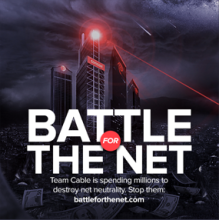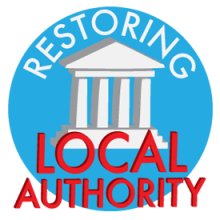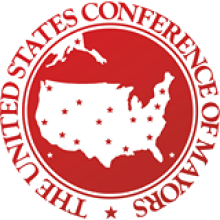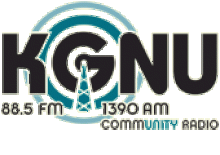Internet Slowdown Day: Tell the FCC You Do Not Want Fast Lanes
Depending on what websites you have visited today, you may have noticed the "spinning wheel of death" greeting you followed by a request to join on a letter in favor of network neutrality. September 10, 2014 is now known as Internet Slowdown Day.
The idea is to demonstrate what your Internet experience may be like if our country moves forward with the proposal to allow fast lanes. We are in the last few days of the final round of public comments on the FCC's proposed net neutrality policy; this is a final push to encourage users to express their support for an Internet free of fast lanes.
In case you have not read the letter, here is the text:
Dear Chairman Wheeler:
We are writing to urge you to implement strong and unambiguous net neutrality rules that protect the Internet from discrimination and other practices that will impede its ability to serve our democracy, empower consumers, and fuel economic growth. Erecting toll booths or designating fast lanes on the information superhighway would stifle free speech, limit consumer choice, and thwart innovation.
The FCC must act in a clear and decisive way to ensure the Internet does not become the bastion of powerful incumbents and carriers, but rather remains a place where all speakers, creators, and innovators can harness its power now and in the future.
The Internet is a staple of our lives and our economy. The FCC should protect access to the Internet under a Title II framework, with appropriate forbearance, thereby ensuring greater regulatory and market certainty for users and broadband providers.
To ensure that the Internet fulfills its promise of being a powerful, open platform for social, political, and economic life, the FCC must adopt a rule against blocking, a bright-line rule against application-specific discrimination, and a rule banning access fees. These principles of fairness and openness should not only apply to the so-called last-mile network, but also at points of interconnection to the broadband access provider’s network. Likewise, strong net neutrality rules must apply regardless of whether users access the Internet on fixed or mobile connections.






